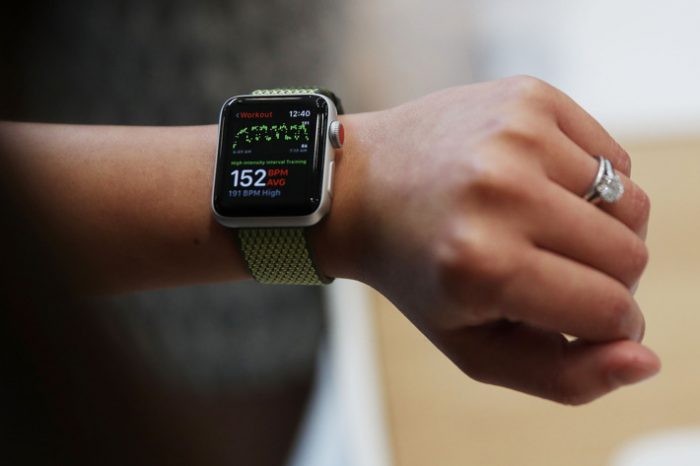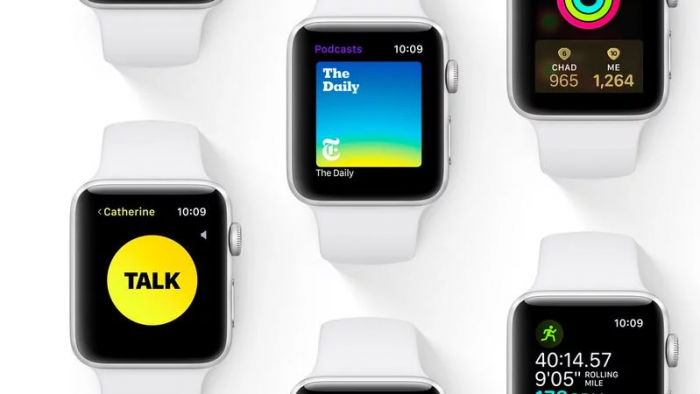
Next-Gen Apple Watch Rumored to Include Solid State Buttons
- The new Apple Watch is rumored to include solid-state buttons with Apple’s “Force Touch” Technology.
- The crown of the watch is said to rotate freely while Apple’s Taptic Engine will allow the non-movable buttons to function through touches.
- The new Apple Watch is likely to be released in September at Apple’s next conference.
With Apple’s WWDC event focusing on software, fans of the company are now looking forward to the September conference where new hardware is scheduled to be announced. With the Apple Watch being quite the success, the next-gen smartwatch from Apple is likely to be announced in three months. According to rumors, the new wearable with WatchOS will include Apple’s Force Touch technology that has been implemented in multiple Apple devices including MacBooks and iPhones.
The new Apple Watch with built-in LTE will include non-movable buttons that make use of Apple’s Taptic Engine to simulate button presses. Only the crown of the watch will be movable and will include vibration mechanisms to simulate clicks. The buttons are rumored to include sensors that can help the watch track daily activity. With non-movable buttons becoming a reality, it is likely we will have access to smart wearables that have no moving parts in the near future.
Image Courtesy of Mac World
Apple also announced a bunch of new software enhancements for the Apple Watch with its WatchOS update at the WWDC. Automated workout tracking is the biggest draw of WatchOS 5, and it will allow Apple’s smart wearables to track user activity without requiring any manual input. The OS will also use AI-learning to recognize your workout timings and remind you if you miss any activities. Other new improvements include a walkie-talkie feature, Siri Shortcuts, enhanced controls and notifications, and Podcasts that will be available in the latest version of WatchOS.
The display on the next-generation watch is likely to be swapped with Apple facing a class-action lawsuit over its faulty displays that are said to spontaneously detach without any fault of users. The new Apple Watch will take full advantage of all of the new features of WatchOS 5 and will include a number of hardware upgrades for better performance.










